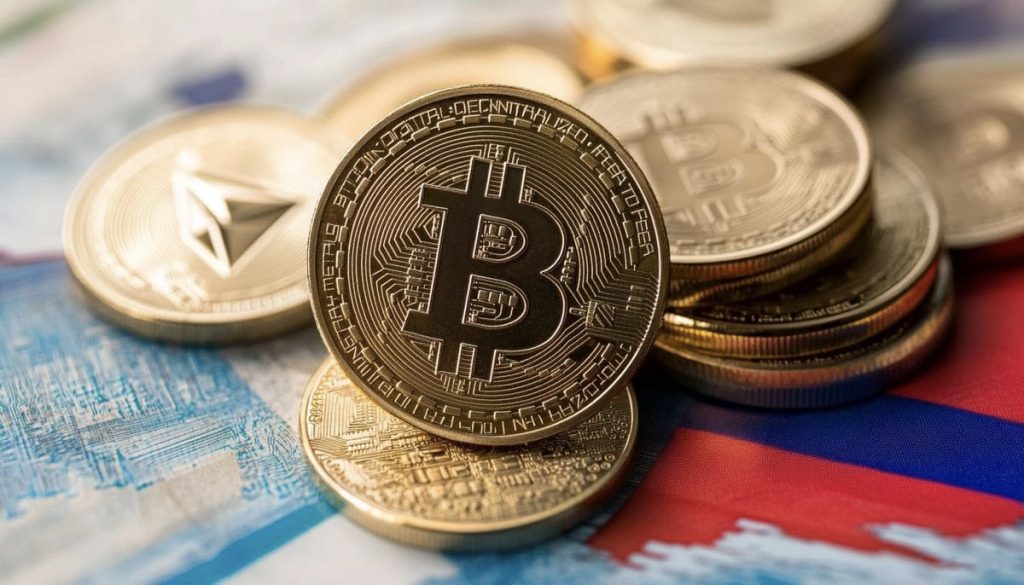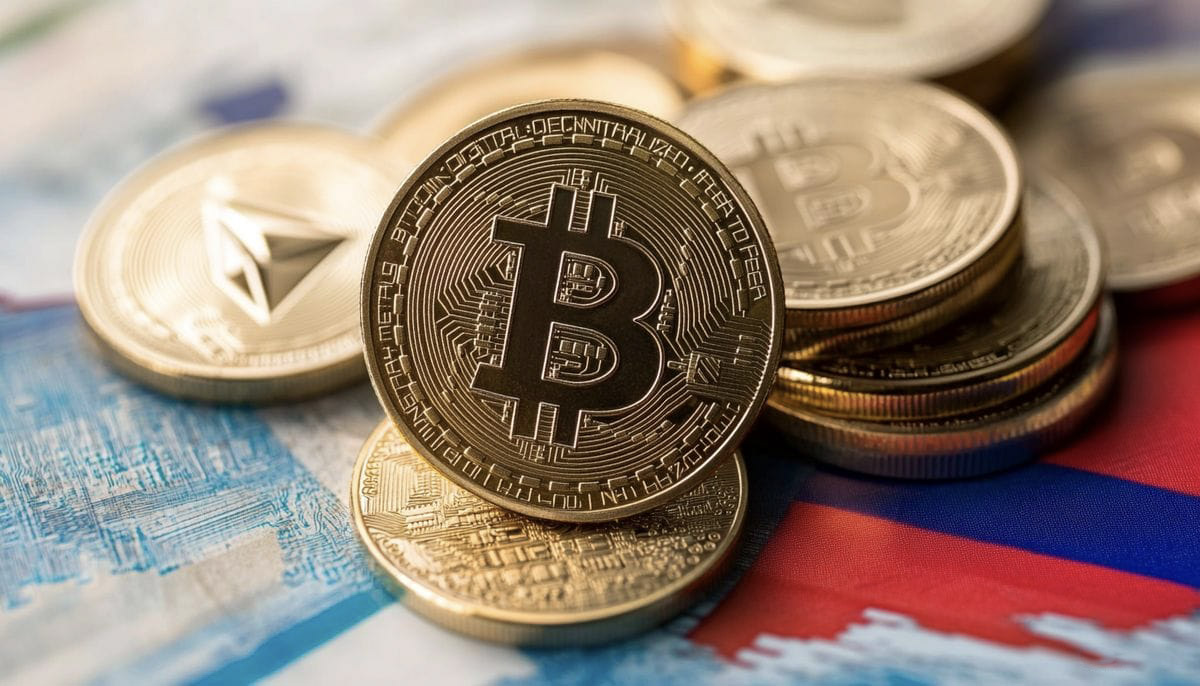
On August 9, Russian President Vladimir Putin formally signed a law making cryptocurrency mining legal in the nation. Instead of being a currency issue, the legislative action categorizes mining as a turnover component.
According to a report by Russian news agency TASS, the new legislation introduces several key concepts, including digital currency mining, mining pools, and mining infrastructure operators. Under the new law, mining activities are recognized as part of turnover rather than digital currency issuance.
Can Russia’s New Legal Framework Foster Economic Growth in Digital Currencies?
According to the law, cryptocurrency mining is restricted to Russian legal entities and private business owners who have registered with the government. As long as their energy usage stays within the limits set by the government, individual miners are permitted to participate without registering.
Furthermore, trading foreign digital financial assets on Russian blockchain platforms is permitted by law. However, the Bank of Russia still has the power to forbid the placement of specific assets if they pose a risk to the financial stability of the nation.
President Putin stressed the significance of Russia “seizing the moment” to create a legal framework for digital currencies during a recent government meeting. He emphasized the need for proper infrastructure and regulation while pointing out the potential advantages of digital currencies for Russia’s economic growth.
Though some provisions may have different implementation dates, the law is expected to go into effect ten days after it is officially published.
How Russia’s Crypto Regulations Could Influence BRICS’ Efforts to Create a Unified Digital Currency
The use of digital assets by BRICS has grown dramatically in recent months. According to reports, the group is looking into using blockchain technology to create a native currency in order to further detach itself from the US dollar. This drive for digital assets is consistent with recent strategic and legal actions by member states, especially Russia.
The new law permits cryptocurrency trading on domestic blockchain platforms and legalizes Bitcoin and cryptocurrency mining in Russia. In an effort to get around Western sanctions and improve trade with BRICS nations like China and the United Arab Emirates, Russia decided in late July to permit cryptocurrency payments in international trade.
Russia’s decision to allow cryptocurrency payments for international trade in response to Western sanctions is complemented by the legalization of cryptocurrency mining. In addition to strengthening trade ties with El Salvador, this development has ramifications for dealings with China and the United Arab Emirates.
⚡️ BRICS to Develop Digital Currencies and Blockchain-Based Payment System
— Cryptonews.com (@cryptonews) March 5, 2024
BRICS nations are set to create an independent blockchain-based payment system, incorporating digital currencies to enable smoother transactions.#CryptoNews #BRICShttps://t.co/KFvTIaFcGI
Throughout the year, the BRICS bloc has stepped up its efforts to dedollarize trade agreements, with Russia spearheading these efforts.
Notably, in order to circumvent the complications of U.S. sanctions and compliance issues, Russia and China are increasingly using digital assets for cross-border payments. Digital platforms such as Qifa facilitate these transactions. For quicker transactions, Qifa, which will soon be listed on the Moscow exchange, has embraced cryptocurrency settlements.
It is anticipated that the BRICS bloc will accelerate the development of digital currency and payment platforms, providing a demonstration for the alliance and possibly enabling additional group change.















Leave a Reply